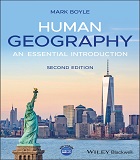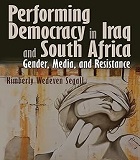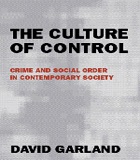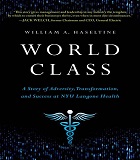
London : Bloomsbury , 2022.
KIC 305.80072 S642D 2022
xxxv , 302 pages : illustrations ; 21 cm.
Social Sciences

London ; Routledge Taylor & Francis , 2011.
KIC 304.2 G562 2011
xiv, 444 pages : illustrations ; 25 cm.
Social Sciences

Hoboken, NJ : Wiley-Blackwell, 2021.
KIC 304.2 B792H 2021
xxxviii, 468 pages ; 20cm
Social Sciences

London Routledge Taylor & Francis Group , 2014.
KIC 304.2 I619 2014
xxviii, 1058 pages : illustrations ; 26 cm.
Social Sciences

Cambridge : Cambridge University Press , 2022
KIC 352.63054 M277M 2022
xx , 420 pages : illustrations ; 23 cm
Social Sciences

New York : Syracuse University Press , 2016.
KIC 320.9567 S454P 2016
xxviii, 290 pages : illustrations ; 23 cm.
Social Sciences

Durham [NC] : Duke University Press, 2009.
KIC 365.6086942 W115P 2009
xxiii, 384 pages : illustrations ; 24 cm.
Social Sciences

Chicago : University of Chicago Press, 2002.
KIC 364.973 G233C 2002
xiii, 307 pages ; 23 cm.
Social Sciences

London : Verso, 2003
KIC 305.8 F499H 2003
xiii, 286 pages ; 15 cm
Social Sciences

Karachi : Lightstone Publishers, 2024.
KIC 324.6095491 G463R 2024
xxxiii, 255 pages : illustrations ; 22cm.
Social Sciences

New York : Routledge, 2002.
KIC 371.207 B527S 2002
xvi, 318 pages : illustrations ; 28 cm.
Social Sciences

New York : Fast Company Press , 2019.
KIC 362.11 H347W 2019
xxiv, 340 pages : illustrations ; 25cm.
Social Sciences

